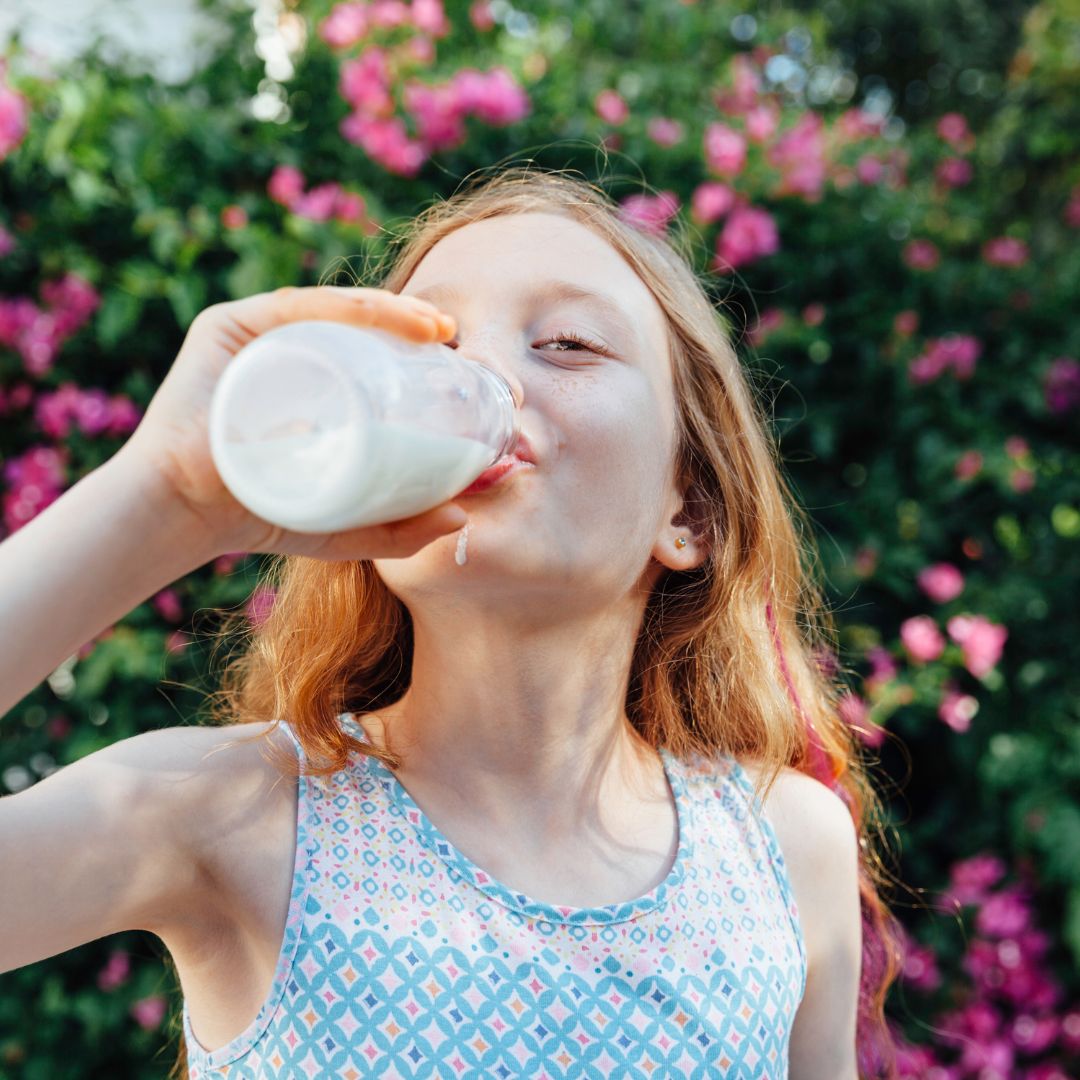/In February, the plan provides for aid to cover production costs with a contribution from the Regional Ministry and the Consell and a boost to the marketing of Mahón-Menorca cheese.
TDB keeps you informed. Follow us on Facebook, Twitter and Instagram.
Provilac 2
The Department of Agriculture, Fisheries and Food, the Consell de Menorca and the dairy sector of the island have signed this Friday the second edition of the Support Plan for the Viability, Modernization, Promotion and Marketing of the Dairy Sector of Menorca (PROVILAC), on the farm Torretrencadeta of Ciutadella. The plan foresees 12 actions for 2023 which, according to the councillor Mae de la Concha, “are not patches for what may arise but so that there is a real future for the livestock sector and so that young people can join knowing that they have a future in the countryside”.
The plan includes a new line of aid that will help cover the extraordinary production costs of Menorca’s dairy sector. The aid will be equivalent to 0.046 euros per litre of milk delivered, with the Regional Ministry contributing 0.026 euros per litre of milk and the Council contributing 0.020 euros per litre of milk. It is expected to be called at the end of February. The calculation of the litres of milk will correspond to the data on the production and delivery of milk from livestock farms in 2022.
The councillor referred to how the island’s primary sector has been affected by various crises, such as COVID-19, the global supply chain crisis and the war in Ukraine, with the consequent rise in prices. “It’s not just a question of compensating for expenses arising from the island’s insularity, but of making structural reforms, about how we feed the animals, what changes we will make with climate change and renewable energies in mind, how we can incentivise direct sales to increase the profit margin, among others,” he stressed.
The plan also envisages actions to increase the volume of production and marketing of Mahón-Menorca Cheese, through a greater specific effort aimed at promotion, new marketing channels and circuits, as well as the opening of new markets. The contribution of the Regional Ministry and the Consell will be 200,000 euros for this year. The Consell will add up to 100,000 euros from the agreement with the CRDO Queso Mahón-Menorca. The ministry will continue to provide financial support to the Mahón-Menorca Cheese PDO through the line of promotion of differentiated quality brands and support for the promotion and marketing of domestic markets, both of which have a total budget of 140,000 euros. The line of support for investments in the transformation and marketing of agri-food industries is also due to be published in February with a budget of 6 million euros.
According to the director general of Agriculture, Livestock and Rural Development, Fernando Fernández, “there are still challenges to be met, such as expanding the market for Mahón-Menorca cheese and dairy products, which will ensure the viability of the sector and farms, and we all have to work on this”. He also stressed the need to continue working “for a fair price for milk and all the products in the value chain”. “The challenges are clear, and the agreement and commitment belong to everyone,” he concluded. Councillor Josep Pastrana emphasised the commitment of the signatory administrations to continue helping the sector and the desire to continue the joint work between the Consell de Menorca, the Govern de les Illes Balears and the representatives of the dairy sector, in the conviction that it is by joining forces that objectives are achieved.
Another of the objectives is to raise the income of the dairy cattle sector based on a fair balance between the price received for milk and the production costs borne by dairy farms. To this end, the plan provides for the implementation of a system for calculating reference production costs in the agricultural and livestock sector. This is expected to be carried out by the Institute for Agri-Food and Fisheries Research and Training (IRFAP), part of the Regional Ministry of Agriculture, and could be operational in the first four months of 2023. The commitment of the dairy industry to improve the base price, according to reference values, has also been signed.
With the aim of improving the viability, profitability and competitiveness of the sector and adaptation to climate change, the plan also includes a commitment by the Regional Ministry to publish the specific lines of aid aimed at the livestock sector from which the dairy cattle sector benefits. Thus, for example, aid is planned for calf rearing worth 140,000 euros, support for the Balearic Friesian Association, with 15,000 euros, milk control with 102,396 euros, genetic improvement with 150,000 euros, the line of support for livestock fairs such as the Alaior Fair and the second edition of the Mahón-Menorca Cheese Fair, with 50,000 euros, or the certified seed campaign for cereal and fodder, with 250,000 euros, among others. The Department also plans to develop the research and development plan for animal feed and farm management, as well as a technical conference on dairy cattle in February.
The agreement was signed by the Councillor for Agriculture, Fisheries and Food, Mae de la Concha, the Councillor for Economy and Territory, Josep Pastrana, the general secretary of Unió de Pagesos de Menorca, Margarita Llambías, the president of FAGME, Catalina Pons, the president of AGRAME, Lluís Nadal, the president of the Association of Cheese Manufacturers and Curers of Menorca, Pere Pons, the secretary of the Balearic Friesian Association, Jaime Moll, the president of the Mahón-Menorca Cheese PDO, Joan Bosco Triay, and the president of Agri-Food Cooperatives of the Balearic Islands, Jerònima Bonafè.
The island’s dairy sector is made up of 124 dairy farms, 40 artisan cheese dairies, 34 maturers and 9 industrial dairies that produced 2,366 tonnes of cheese in 2021.
